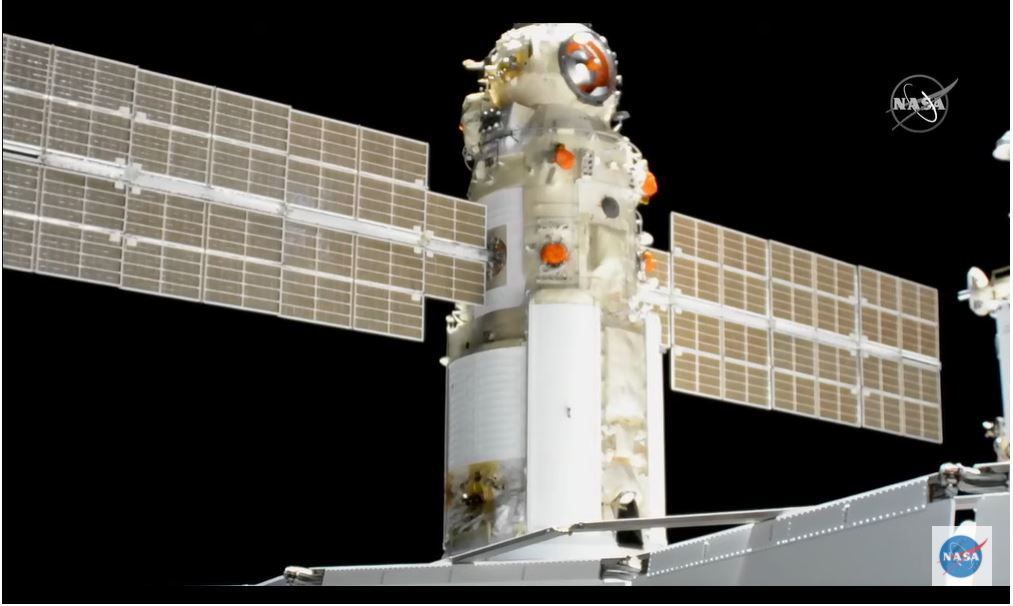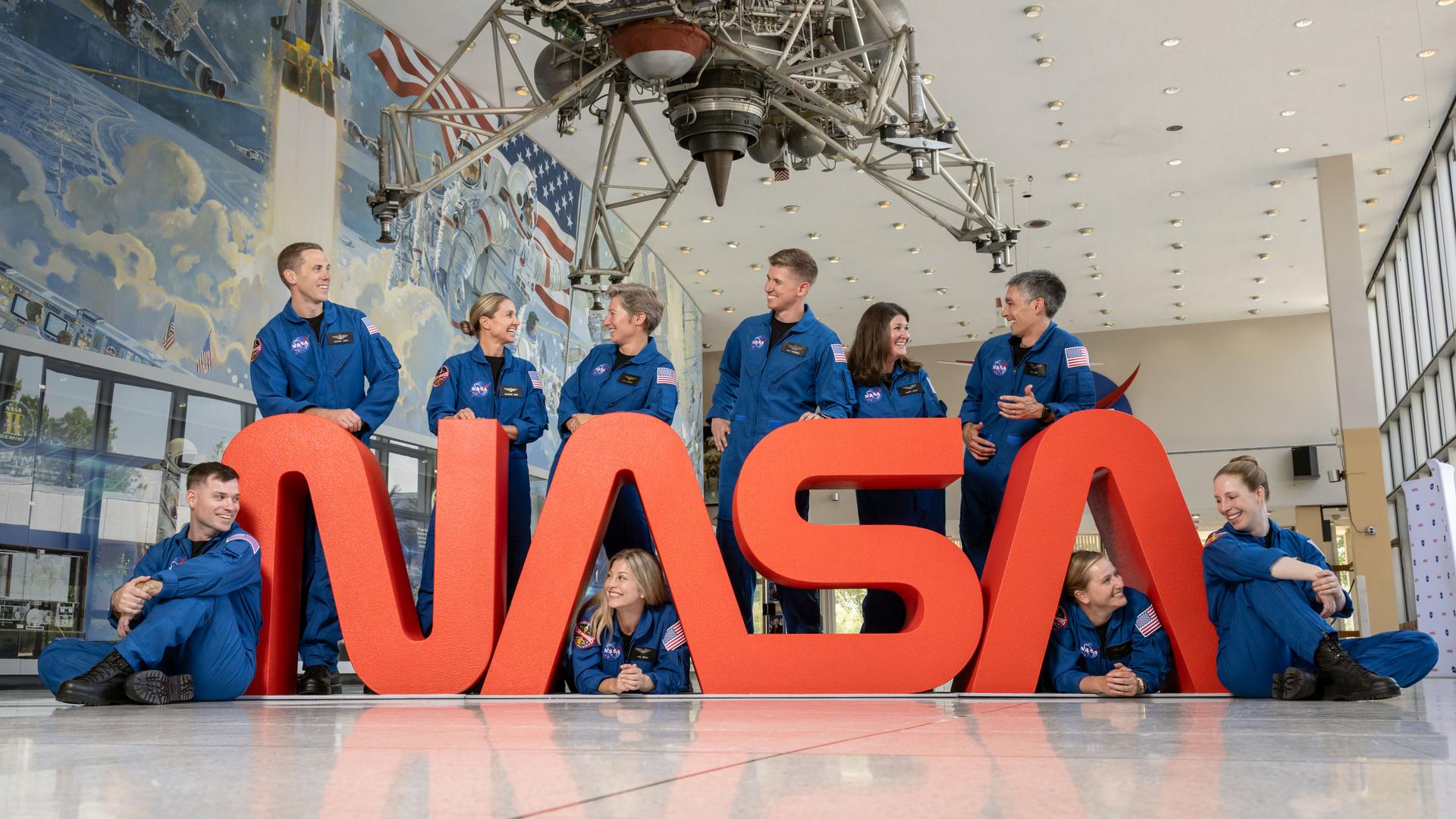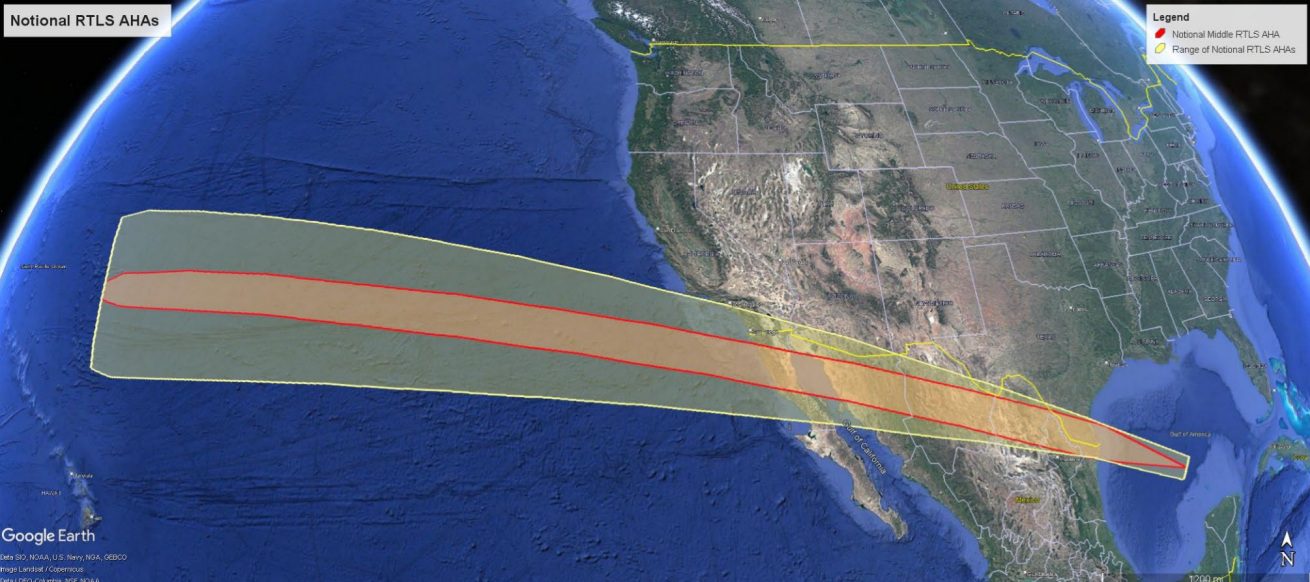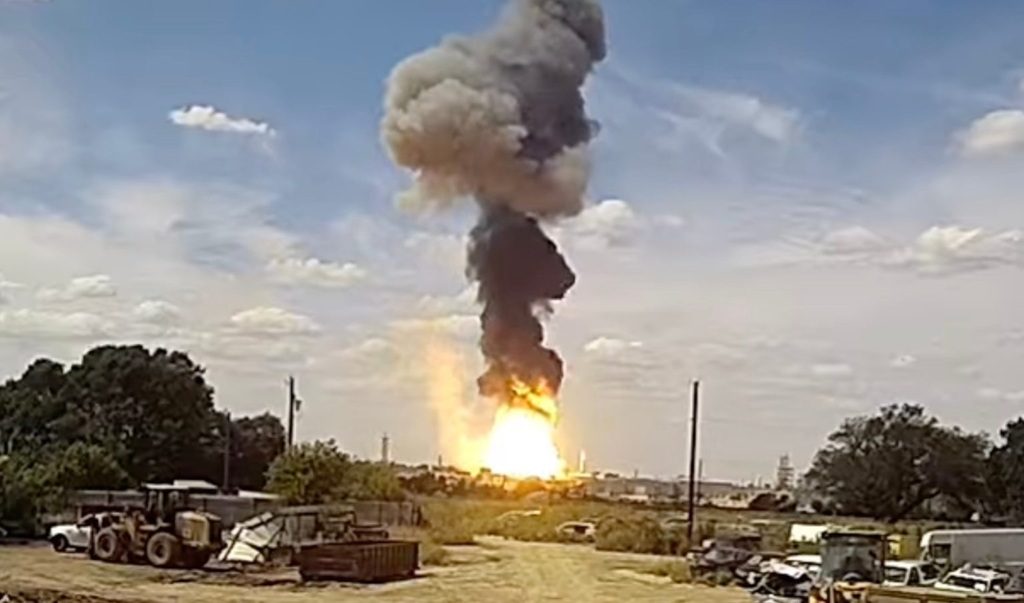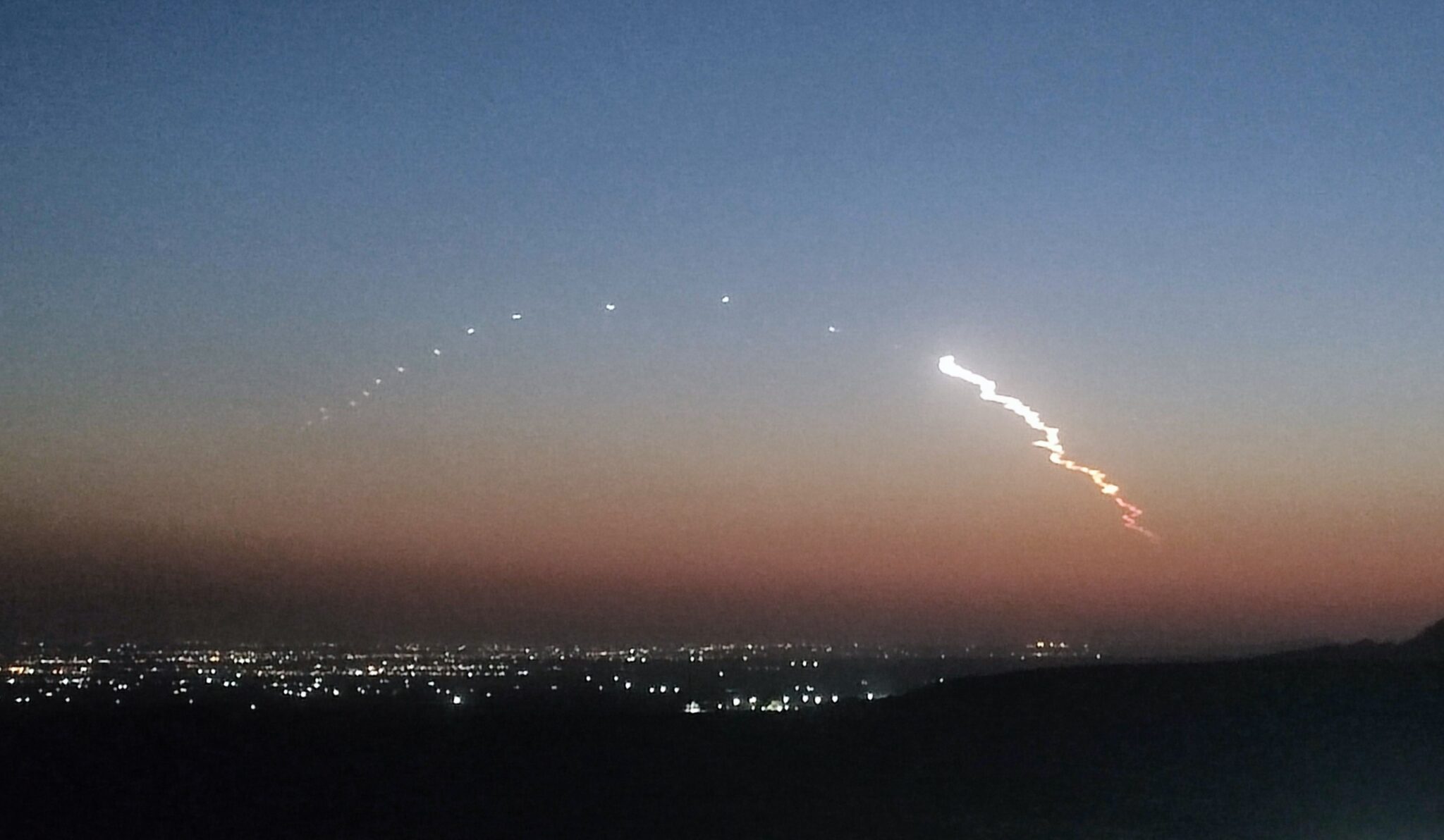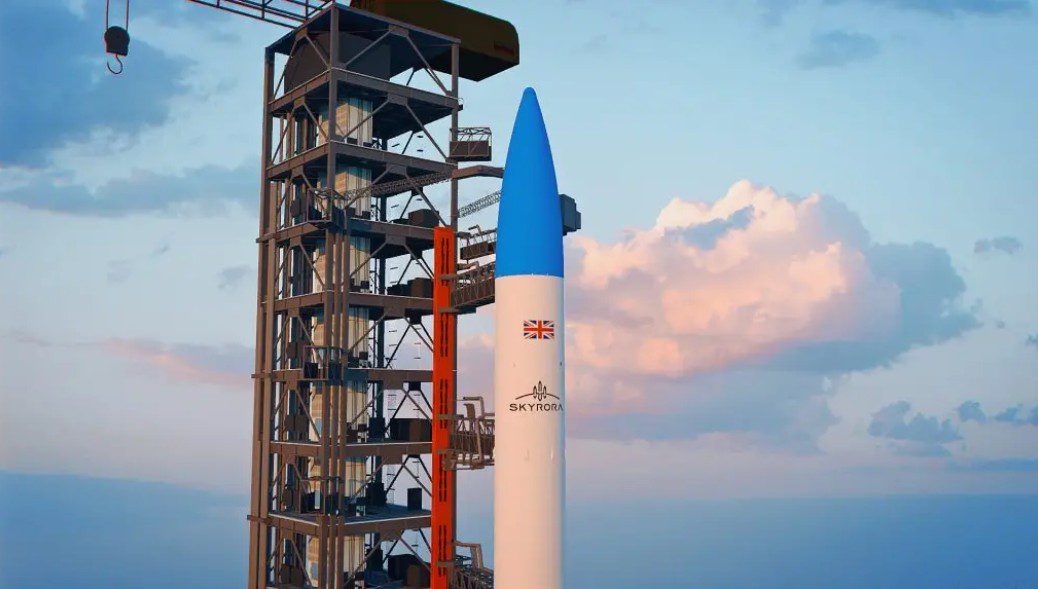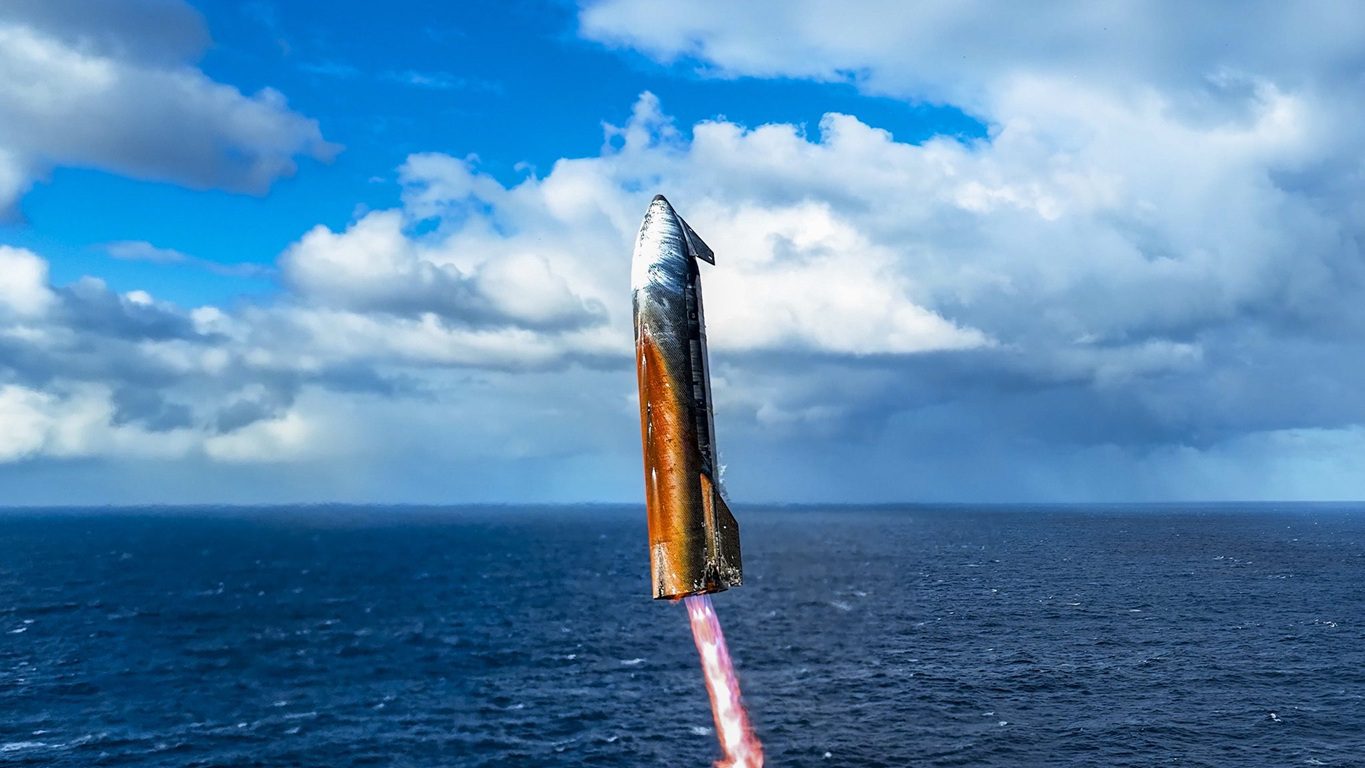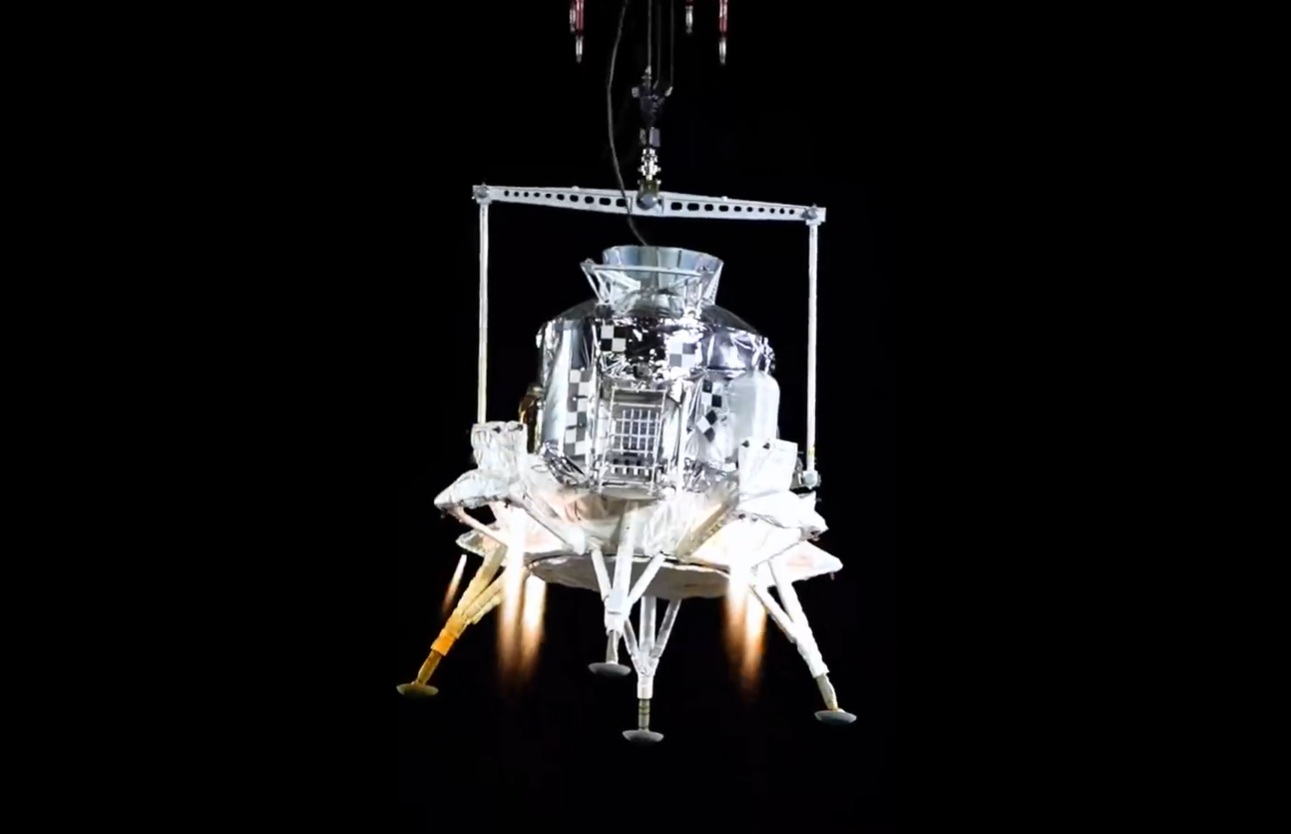Vladimir Soloyov, Chief Engineer at the spacecraft manufacturer Energia, has noted via the RIA News Agency that the International Space Station (ISS) is slowly breaking down. Cracks discovered in the Russian-built Zvezda module in 2019 had been repaired by Roscosmos cosmonauts. But small cracks have now been found in the Zarya cargo module. Soloyov warned that over time these cracks could grow to the point that they may become irreparable or even fail catastrophically. For the time being, ISS is set to continue its operations until 2025. Soloyov warned, however, that 80 per cent of the ISS space systems, many of which had been in orbit since 1998, had already exceeded their expiry date.
Update on 9 September 2021: Cosmonauts reported fire alarms, smoke and a burning smell in the Zvezda module during battery recharging operations. The fire was apparently short-lived and the air conditioning filtering system soon cleared the air.
While the space station might be cracking up, the statement from Soloyov is refreshing in that it does not try to pin the blame on others. During August, the Russian news agency TASS reported that Russian officials were blaming a US NASA astronaut for an air leak on a Soyuz (Soyuz MS-09) human transport spacecraft that was docked with the ISS in 2018. Specifically, an unnamed space official accused Serena Auñón-Chancellor of deliberately damaging the spacecraft in a state of mental breakdown by drilling a small hole into it in an attempt to force her early return to Earth.
NASA’s Human Spaceflight head Kathy Leuders refuted the allegations of astronaut sabotage. “Serena is an extremely well-respected crew member who has served her country and made invaluable contributions to the agency,” Leuders said. “And I stand behind Serena — we stand behind Serena and her professional conduct and I did not find this accusation credible,” she added. NASA Administrator Bill Nelson agreed, saying via Twitter: “I fully support Serena and I will always stand behind our astronauts.”
Most seasoned space observers believe the small hole in the Soyuz spacecraft was actually the result of a manufacturing error at its Russian maker. It is alleged by some that these unsubstantiated sabotage allegations were made in a defensive riposte to suggestions that poor Russian quality control and design errors were the cause of the recent post docking thruster firings by the new Russian Nauka module, which for a time dangerously destabilised the ISS.

